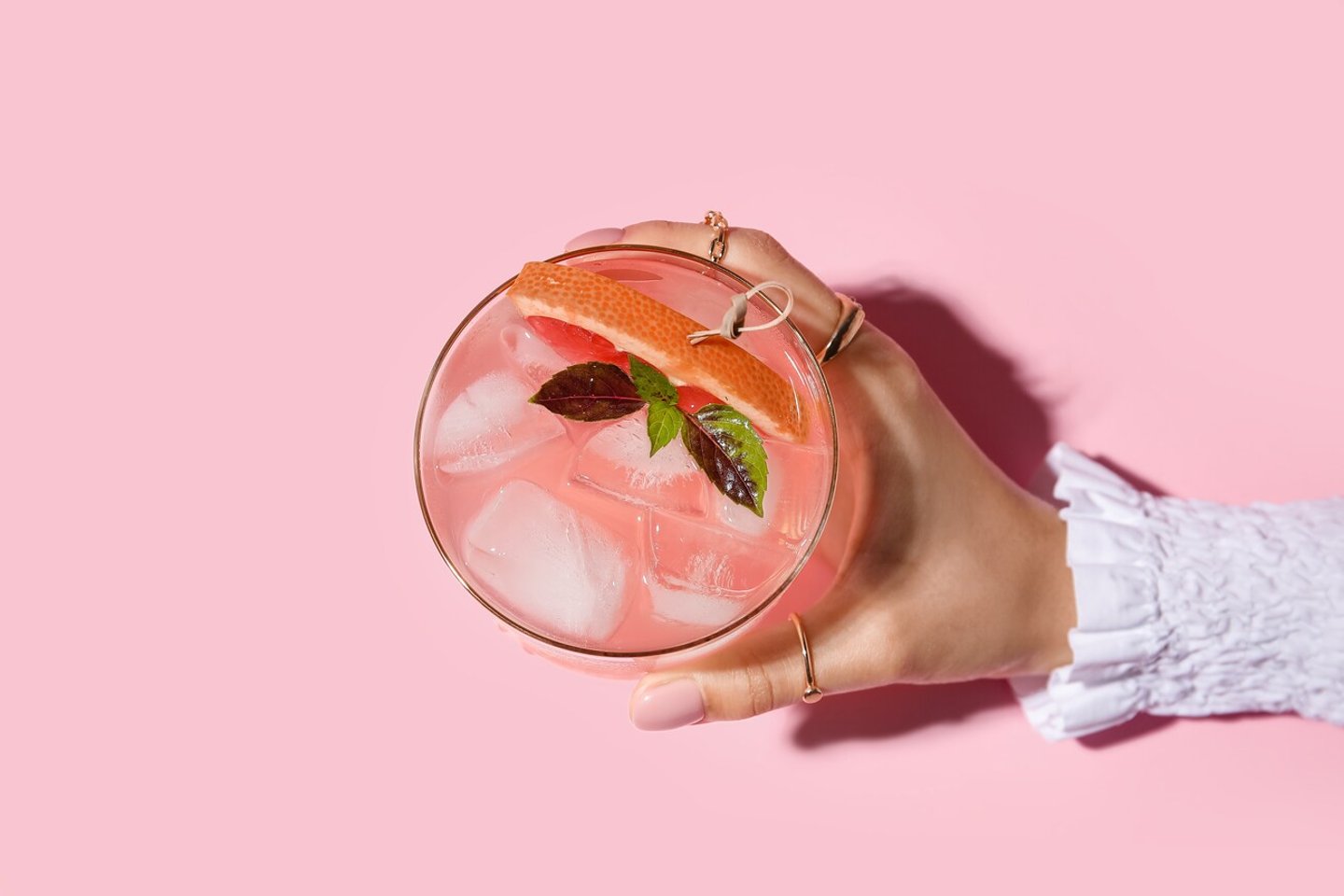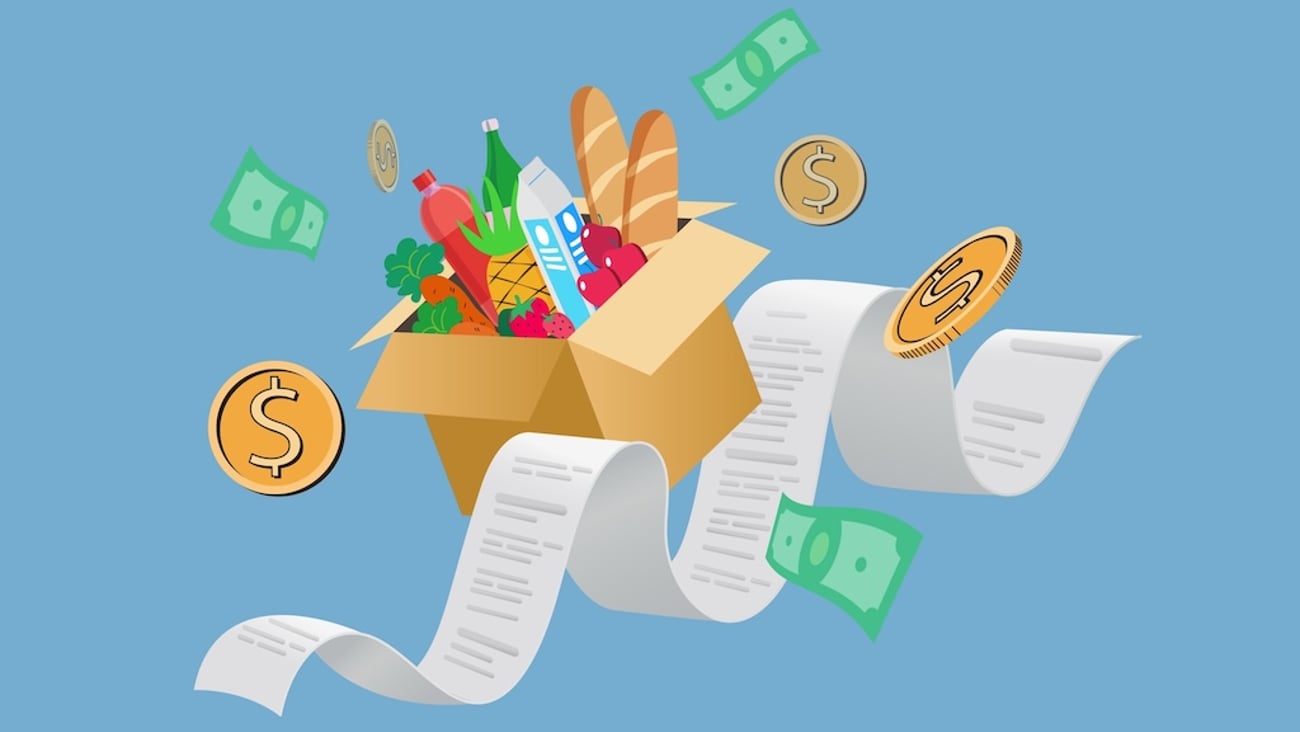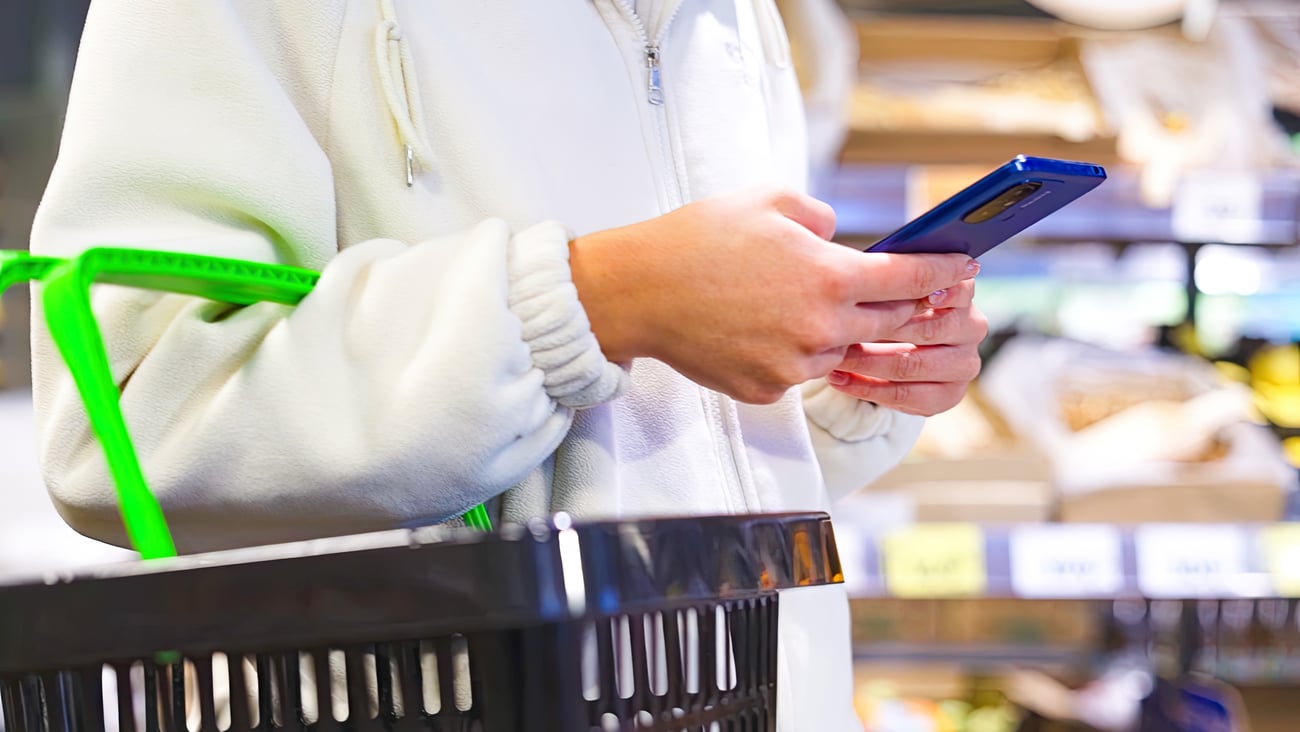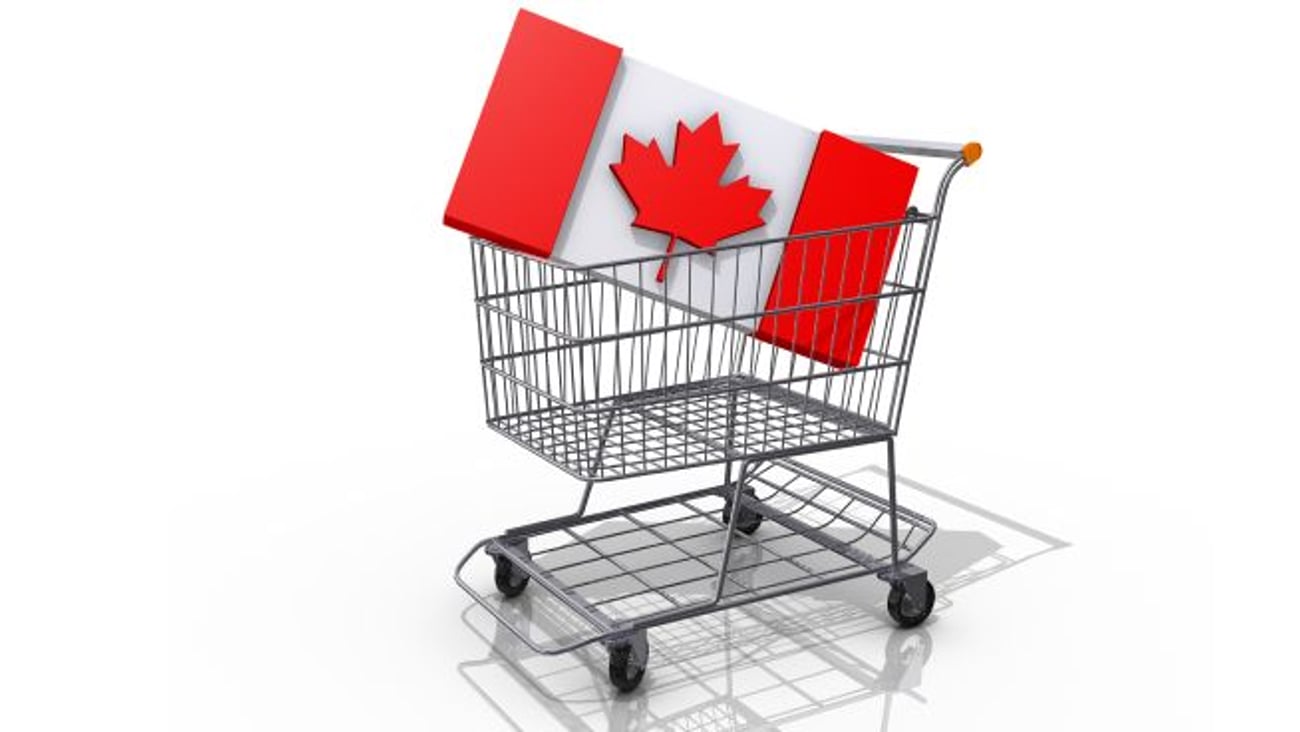Is Canada sobering up?
Canada appears to be undergoing a noteworthy transformation in its relationship with alcohol. According to Statistics Canada, Canadians are purchasing less alcohol than they did the previous year, and a myriad of factors are at play. From shifts in weather patterns to the allure of non-alcoholic alternatives and concerns raised by the World Health Organization regarding the link between alcohol and cancer, it's clear that the landscape of Canadian drinking habits is evolving. But is Canada truly sobering up?
According to the latest Retail Sales Update from Ottawa, Canada's liquor and beer sales continue to show a slowdown, down 0.9% from May to June 2023. Sales are also down 2.8% from last year, a notable drop, while cannabis sales surged by 3.3%. Other sources may point to different numbers, but it appears as though Canadians are generally buying less booze now. These statistics raise intriguing questions about the factors influencing Canadian drinking habits.
READ: Three trends to watch in beverages
One potential factor contributing to the decline in alcohol sales is the weather. The last several months have brought about erratic weather patterns, leading to unpredictable winters and a dampened summer in many parts of the country. Weather uncertainty can affect consumer behavior. For instance, warm weather often leads to increased alcohol consumption, with Canadians flocking to patios and barbecues. When the sun doesn't shine as consistently, it's possible that people are less inclined to indulge in alcoholic beverages, contributing to the decline in sales, as indicated by the recent Retail Sales Update.
The World Health Organization's concerns about the link between alcohol and cancer cannot be ignored. Canada’s new Guidance on Alcohol and Health, which encourages Canadians to drink less and the suggestion that perhaps containers of alcoholic products should be labeled in the future, likely gave pause to some Canadians. Public health messages and research findings connecting alcohol consumption to various health issues, including cancer, have been gaining traction. Canadians may be reevaluating their drinking habits considering these warnings, leading to a decrease in alcohol consumption.
READ: Non-alcoholic brands ramp up production amid surging demand
Non-alcoholic alternatives have also been on the rise. The beverage industry has responded to changing consumer preferences by offering an array of enticing non-alcoholic options. These include craft non-alcoholic beers, alcohol-free spirits, and mocktails that provide the same sensory experience as traditional alcoholic beverages without the intoxicating effects. With the stigma of not drinking diminishing, more Canadians are choosing these non-alcoholic options, contributing to the decline in alcohol sales.
Furthermore, there seems to be a shifting social dynamic regarding alcohol consumption. In the past, abstaining from alcohol might have been met with raised eyebrows, but today, it's becoming increasingly socially acceptable not to drink. Millennials and Generation Z are leading this change, with many embracing a "mindful drinking" approach and choosing not to consume alcohol as part of a broader wellness trend.
READ: As Canadians seek something extra from their beverages, functional drinks are thriving
Cannabis, on the other hand, continues its ascent in popularity. The recent surge in cannabis sales, as revealed by the Retail Sales Update, raises questions about whether Canadians are substituting alcohol with cannabis. With the legalization and normalization of cannabis use, it's plausible that some individuals are opting for this alternative to relax and unwind.
The decline in alcohol sales, even during the early summer when Canadians typically enjoy outdoor activities, suggests that these trends are more than just a fleeting phenomenon. Canada appears to be on a trajectory towards a more moderate drinking culture, driven by a combination of factors.
READ: Canadians say cheers to booze-free bevvies
With all of this mentioned, it's important to approach this issue with nuance. While alcohol sales are down, it's not an indication that Canadians are universally abstaining. Instead, they are making more conscious choices about when and how much they drink. This shift is not only a reflection of changing attitudes towards alcohol but also a response to a rapidly evolving economic landscape. Inflation plays a huge part. What needs to be underscored are rising retail prices for all food products, including liquor and beer. The April 1 Federal escalator tax coupled with other provincial taxes have made these products more financially prohibitive. With higher food prices, priorities shift. While we all need to eat, drinking alcoholic beverages is far from being a necessity. Sales will likely bounce back eventually when the cost of living is not much of a top-of-mind issue for consumers.
Numbers may suggest that Canada is sobering up, but it's doing so with a newfound sense of consciousness and choice. Alcohol remains very much a part of our culture, traditions, and ways we celebrate and live key moments of our lives together.






